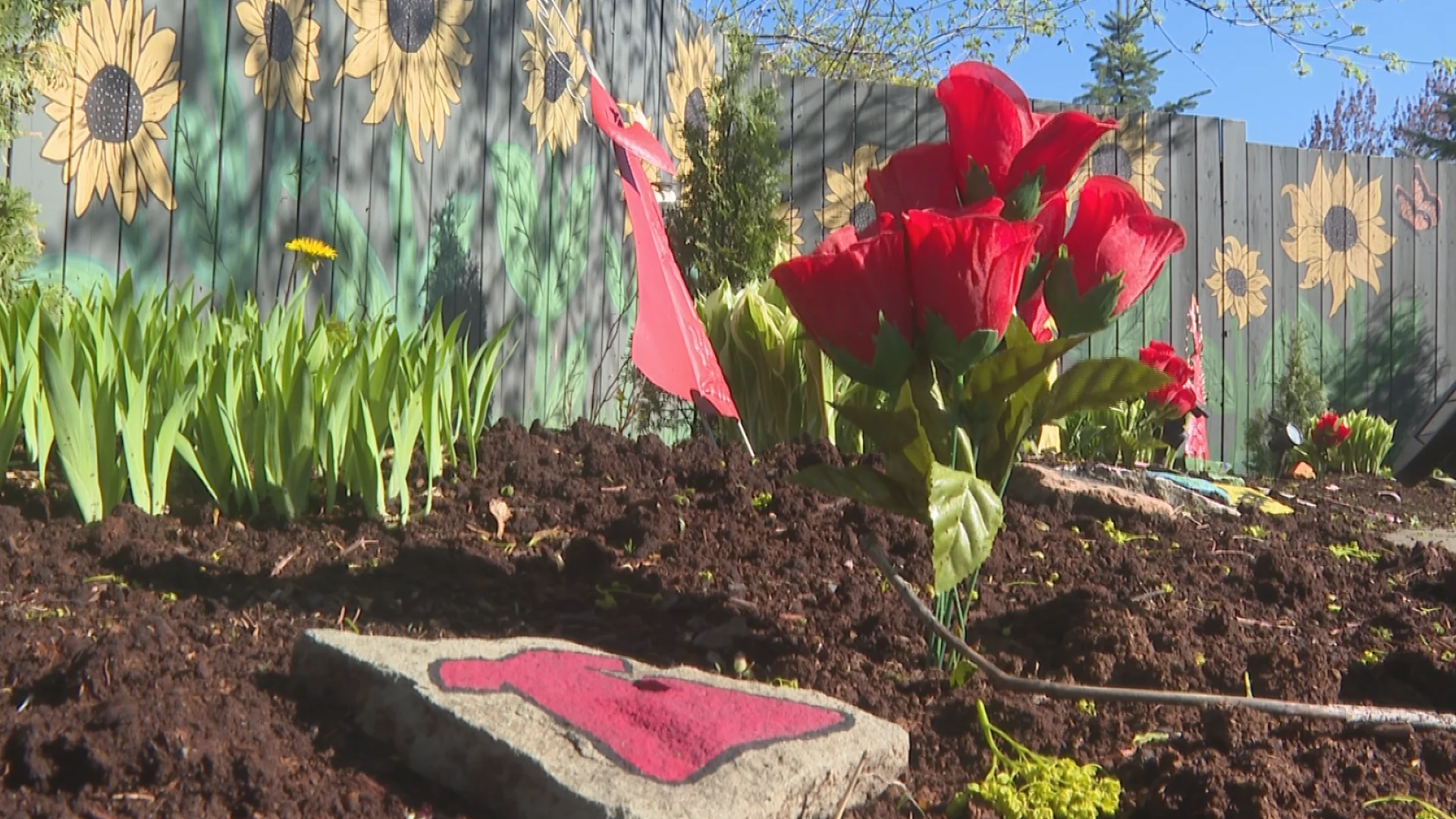EDITOR’S NOTE: As part of our ongoing series on the issue of intimate partner violence in the province, we had a conversation with a survivor and advocate from New Brunswick who bravely shared her story. You can find the full story here.
We also had a discussion with Lyne Chantal Boudreau, the minister responsible for women’s equality in the province, regarding the actions being taken to address this critical issue. You can read that story here.
To gain insight into the observations and coping strategies of support workers in the province, read this story.
Furthermore, to discover more about a Canadian charity aiding women in finding safety and to hear from the provincial chapter director, read the story here.
Gignoo Transition House stands out from typical women’s shelters with its unique offerings. The playroom stocks books like Smudging and Mi’kmaq Alphabet Book. Residents can engage in traditional ceremonies, and the outreach worker, Sheila Williams, performs smudging rituals daily.
“It provides me with a clear mindset to start my day, and I encourage my clients to do the same,” expressed Williams.
The shelter plays a crucial role for Indigenous women in New Brunswick, who are disproportionately affected by intimate partner violence (IPV).
According to 2018 data from Statistics Canada, approximately 61% of Indigenous women have encountered IPV at some point in their lives, compared to 44% of non-Indigenous women.
“Factors such as living in rural areas, discrimination, sexism, and historical distrust of law enforcement contribute to this, along with feelings of isolation,” explained Heather Murchland, the shelter’s executive director.
Staff members support women by reconnecting them with their cultural heritage, both within the shelter and in the surrounding community.
To delve deeper into the significance of the shelter and its mission, watch the video above.


